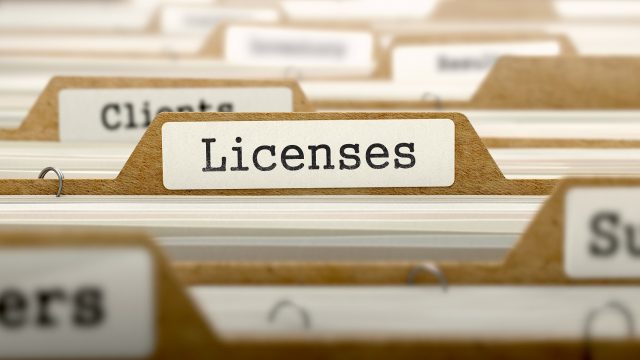John Andrist: Occupational Licensing Kills Jobs And Opportunities

Okay, I admit it. I detest occupational licensing.
The concept is sold to legislators on the pretext there is a public interest in establishing legal requirements to work.
In reality it is a concept to protect established trades and professional people from free competition.
Another reality is that occupational licensing kills jobs and opportunities, particularly for the poor.
It wasn’t a huge deal when it only applied to lawyers and doctors. But my, how it has spread over the years. Therapists of every kind, barbers and beauticians, plumbers and electricians, teachers, respiratory therapists, contractors.
There are at least fifty professions where licensing boards are authorized to establish rules and standards and to pay a fee for the right to earn a living.
But once you are in the circle you can generally create mayhem and get away with it.
[mks_pullquote align=”right” width=”300″ size=”24″ bg_color=”#ffffff” txt_color=”#000000″]Here is a profession that has literally priced its services beyond the reach of a significant low-income sector in our state, still trying to insulate itself from the competition of low cost dental examinations and teeth cleanings.[/mks_pullquote]
In July the White House released a report that more than one-quarter of U.S. workers now require a license to do their jobs. Some studies say it is as high as one-in-three.
Abuses only grow as the system grows.
According to the Institute for Justice no fewer than 40 of the 100 most common low and moderate income jobs now require licensure.
A number of licensing agencies, even in North Dakota, openly use dues income for lobbying in behalf of the profession.
North Dakota’s Dental Association and it’s licensing arm fought bitterly early this year against a legislative proposal to license lower level dental therapists.
Here is a profession that has literally priced its services beyond the reach of a significant low-income sector in our state, still trying to insulate itself from the competition of low cost dental examinations and teeth cleanings.
When somebody tries to fix this broken system, the lobbying groups unleash their home town licensees to go after their home district legislators, and (I’m sad to say) the legislators usually tuck their tales between their legs and vote no.
A much more ideal system would be one in which the various professions established levels of certification to advise customers and challenge their members.
Surprise. Some professions actually do this, rather than seek ways to protect their turf through licensure. But precious few.
Be honest with me. Have you ever selected a professional on the basis of those letters after the name on a business card. I’ll bet you know plenty of people who hold a valid license, yet you wouldn’t darken their door.
When I was first elected to the legislature, like all the others I had a strong measure of idealism in my mind.
It was a thrill every time I got a bill about which I cared deeply, passed and signed into law. All of us are committed to the basic concept of wanting to make things better for the folks that elected us.
Licensure reform was one of my highest goals. Many times I stood on the floor passionately appealing to my colleagues.
They often told me, after voting the other way, that they agreed with me.
The realities of my aging and related infirmities necessitated leaving this work I loved so much after 22-years.
Alas, on this issue I was a total failure.




